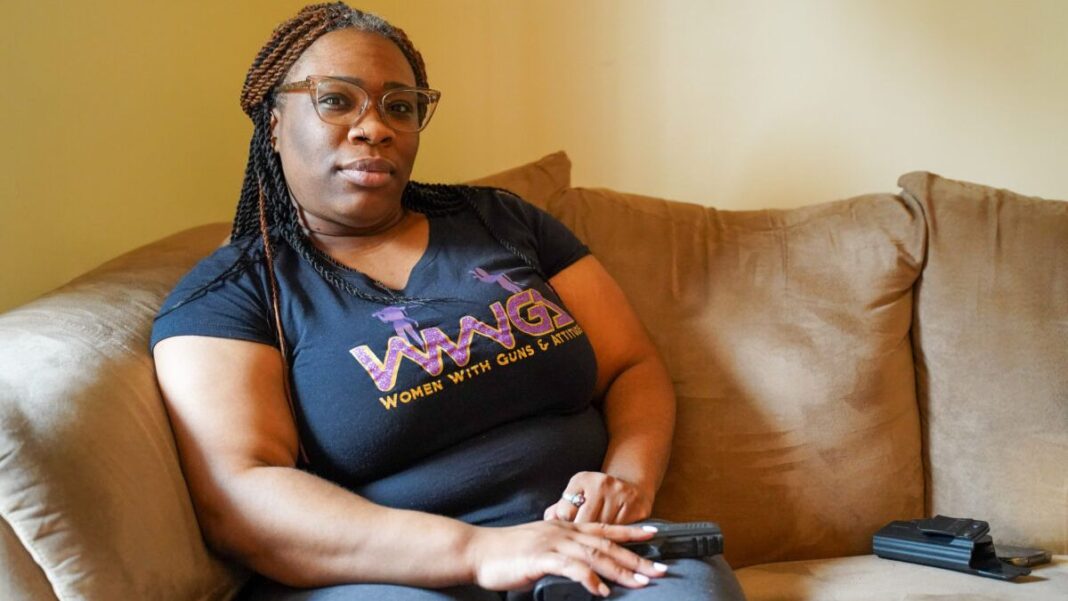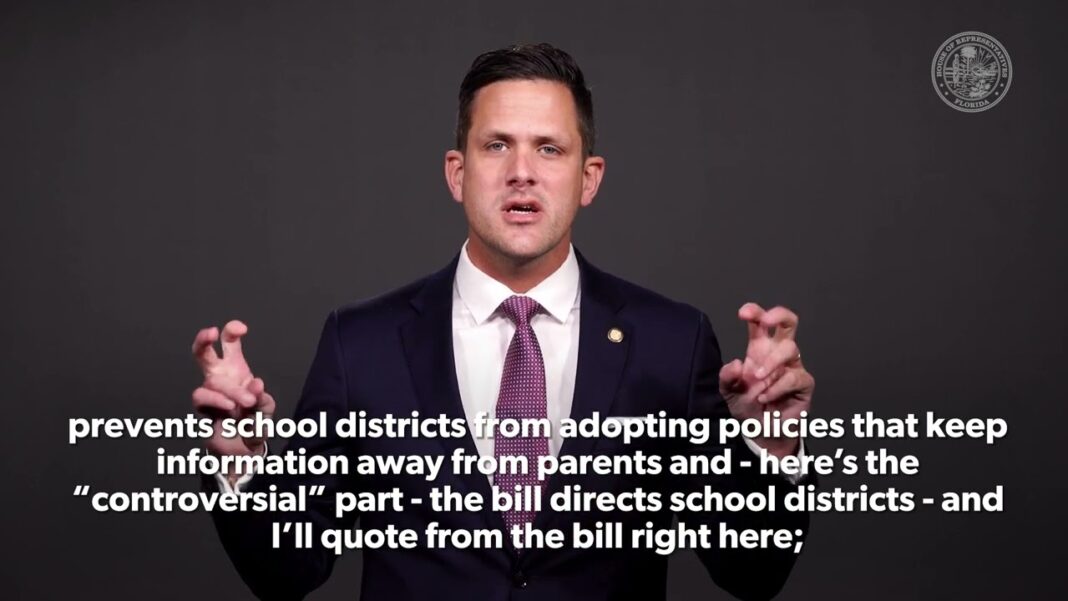Jessica Luckett got her first gun at the height of the COVID-19 pandemic and it opened her eyes to the various laws and policies governing legal firearms ownership.
She works remotely for a nonprofit and lives alone in a West Pullman townhouse on the southern tip of Chicago. She often visits family and friends in Englewood, a high-crime neighborhood on the South Side where she grew up.
For Illinois residents to own a gun, they must get a firearm owner’s identification card, which is a months-long process.
Then, to carry the gun outside the home for self-defense, a concealed carry license is needed, which Luckett acquired.
Yet, through friends at a women’s gun club, she learned that other states observe very different gun laws. Most don’t ask for a firearm owner’s identification card and some don’t even ask for a concealed carry license.
“Why do we have an amendment that says right to bear arms, yet all states are so different?” she asked. “The amendment is for the entire United States, it is not for one state or another.”
She also questions the push for various gun control measures at the federal, state, and local levels, often by lawmakers from her party, the Democrats.
“It is taking away our Second Amendment right to bear arms, and I believe we should be able to protect ourselves,” she said.
Like Luckett, many first-time black gun owners are on a similar discovery journey, looking more closely at the narratives and policies affecting their newly embraced Second Amendment rights, according to Philip Smith, president of the National African American Gun Association.
During the pandemic-era gun sales boom, 21 million sales-related background checks were conducted in 2020, according to an estimate by Firearm Industry and Trade Association.
African Americans and first-time gun buyers were the groups that registered the biggest jumps.
By Cara Ding








